|
Rather than a friendly “hello”, the first utterance of the actor Errol Flynn on answering the phone was the clipped instruction “be brief.” A Hollywood star with a host of bad habits, Flynn was a busy man. But we’re all time-poor these days, which may be why the debate over film duration kicked off by Martin Scorsese’s three-and-a-half-hour Killers of the Flower Moon has had such traction. Like people, some films need a lot of time to make a point - others, not so much. The shortest-ever Oscar-nominated film, Adam Pesapane’s clever Fresh Guacamole (2012), lasts less than two minutes. Meanwhile, Gone with the Wind (1939) was four hours long and won eight Academy Awards. But when it comes to spec scripts (ones which haven’t been commissioned or solicited by producers), we advise writers to go for economy over length. And here’s why. 1. Think about the reader The person who reads your script will be busy and stressed, whether they’re a well-known producer or an intern working through a pile of submissions. The reading process requires time, concentration, and emotional investment. Readers typically check the length of a script before starting on it. If yours is well over 100 pages, they will have questions. If it's over 120, they may not read it at all. Unfair, perhaps, but true. And this reaction will only be enhanced by such things as typos on the first page – or any page, in fact. Making the reader's task manageable and enjoyable will immediately get them on your side. 2. Shorter is cheaper Film is a very expensive medium, and the longer a film lasts, the more it costs. Producers are painfully aware that every extra page of a script makes a film more expensive. So challenge yourself to tell a great story in an economical way which gets the most out of its locations and performers and has a tight page count. Doing this gives the reader several strong reasons to recommend your script. 3. An advert for you As well as a dramatic work, a script is effectively a proposal to set up a medium-sized business and an inventory of the elements needed to make it work. If it goes to production, every word will be pored over by costume and set designers, location finders, illustrators, VFX specialists, composers, and everyone else required to bring it to life. So you need to give all these things a lot of thought. Even if your script doesn’t make it to production, you can make it work as an advert for you and your abilities - a “calling card” for other writing opportunities. And turning it in at a reasonable length is a big part of this. Apart from its other merits, your script can show that you understand the medium you’re working in, demonstrate that you are practically-minded, and infer that you are likely to be a good colleague who is not prone to making crazed or unreasonable demands. A script that does all this is a better character reference than anything in your CV. 4. Length belongs to auteurs People like Quentin Tarantino, Christopher Nolan and Lars von Trier seem free to make films that run well beyond standard length. You may have ideas to rival theirs. But before you get to realise them, you’ll probably need to prove yourself first with leaner and meaner stories. If you do plan to broaden your canvas later in your career, honing your craft on compact material is the best possible preparation (see notes on Stanley Kubrick, below). And arguably, Tarantino, von Trier, Nolan and Kubrick could have benefited from a little judicious cutting at times . . . 6. Shortening your script will help improve your style Interrogate every word in your story, and get rid of all the ones that don't need to be there. Are there repetitions in the dialogue? Can you make the descriptions more succinct? Is it possible to get rid of “orphans” (single words which dangle from the end of a paragraph, occupying their own unnecessary line)? If you do this throughout your script you will shorten it by a good few pages. It will be easier to read - and you will become a better writer. 5. Stories have a natural tendency to run out of steam Scripts usually exhibit problems a long time before the 120-page mark. It's really difficult to keep up the invention within a limited scope of action, and after a certain point many stories begin to repeat themselves or strain too hard for effect. Certain genres are particularly prone to outstay their welcome. Thrillers and Horror stories which push beyond 100 pages often struggle to maintain the tension and suspension of disbelief which keep viewers engaged. And even the fizziest comedies can go flat if overly protracted. 7. Memorable longer films have found ways to overcome these problems A big budget can take a story into new settings, using something other than pure narrative to maintain audience interest. It’s worth analysing how this works in longer films that you like. Perhaps the action moves to some interesting new location, like an entirely different country; or a big set-piece like a pitched battle occurs. These episodes may take on such weight that the film’s structure could be seen as falling into more than three acts. 8. And what’s wrong with that? There’s no absolute rule that films should conform to three-act structure. But there are reasons why this form is so useful for storytelling. As more units of action are added to a narrative, it can start to feel episodic. Which means that forward momentum is lost. The story becomes repetitive and implausible. And, ultimately, boring. Great shorter films don't have to do this. So, to sum up . . . for all these reasons . . . 9. . . . it's harder to make a great long film than a great 'normal-length' film Actually, "greatness" is a matter of opinion, so we can't really verify if the percentage of great longer films is lower than the percentage of great normal-length films. But it probably is. Obviously, there's nothing at all wrong with a great, long film. Quite the opposite. Total immersion in something original, creative and entertaining is a joy. However, even hardcore cinephiles have their physical and psychological limits. And it has to be considered that . . . 10. . . . Watching a bad, long film is much worse than watching a bad, shorter film It just is. 11. “But I want to make a big statement!” A fine ambition. But longer isn’t necessarily deeper. Many commercially and/or artistically successful movies clock in under 90 minutes. Here are 16 inspiring examples.
|
BLOGTHE ONLY PLACE TO TALK ABOUT THE CRAFT OF SCRIPTWRITING.
|
Privacy Policy © Euroscript Limited 2020

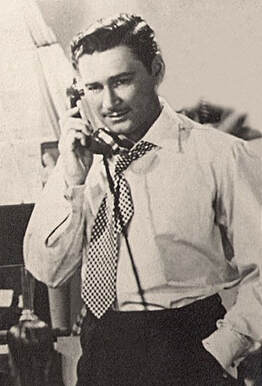

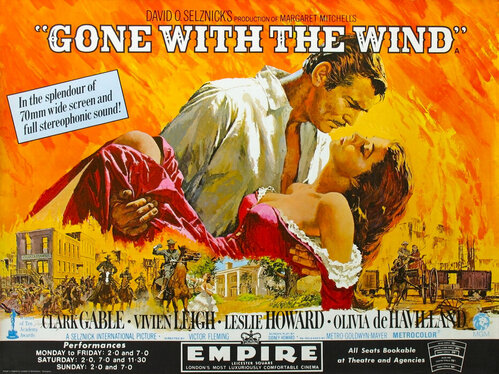
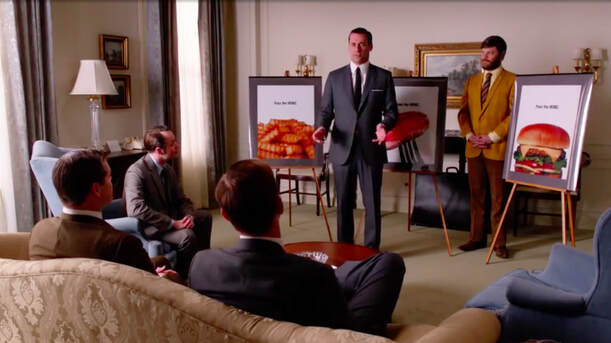
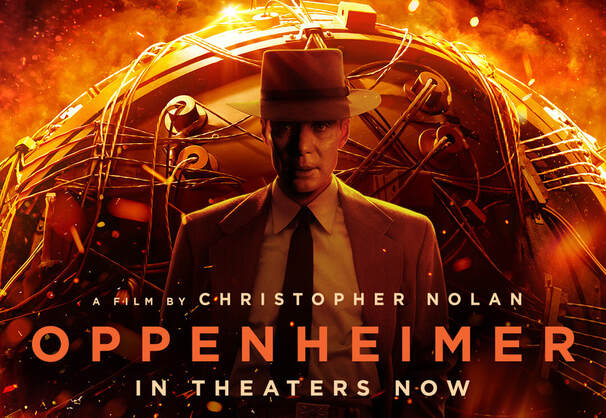
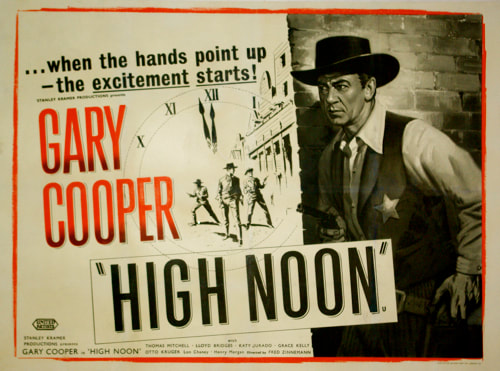
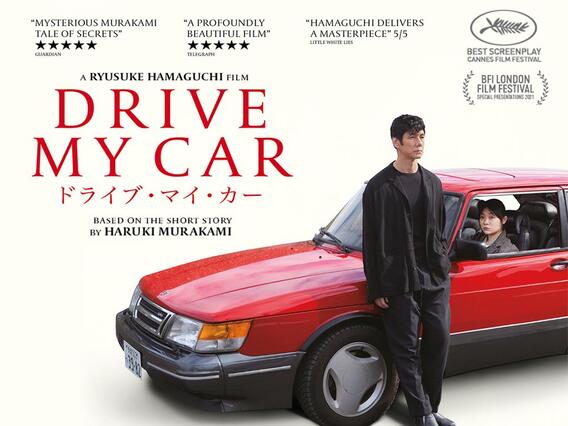
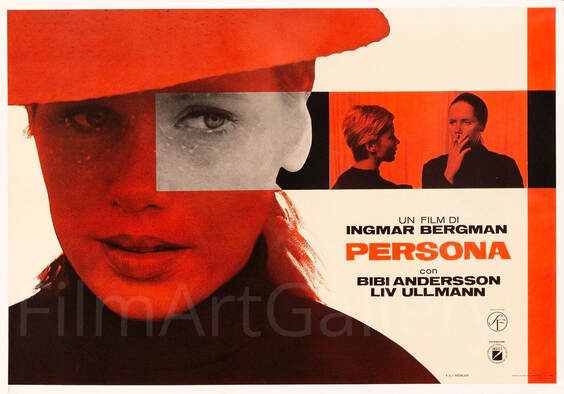
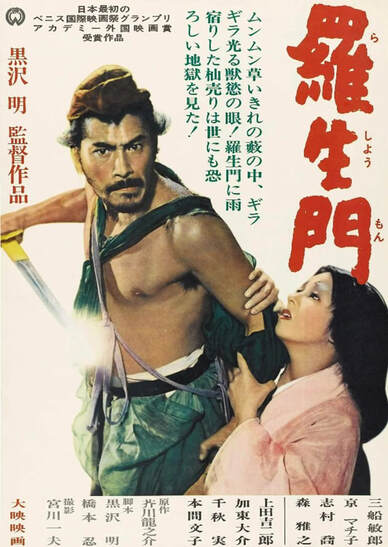
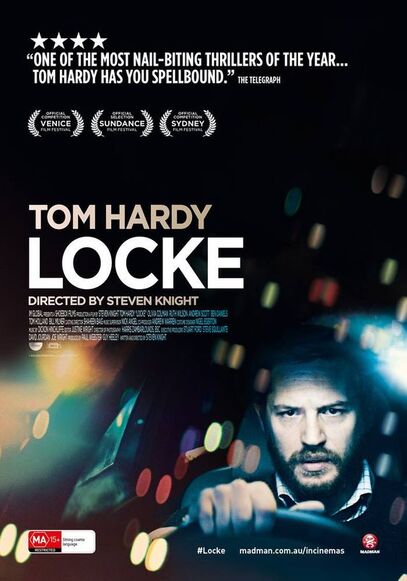
 RSS Feed
RSS Feed


